Code
HCS14141
Weight
300 gm / 0.66 lbs
Size
Height
12cm (5") Width
8cm (3") Depth
6cm (2") Material
Copper
Availability
Available
Date Added
2017-11-21 14:46:27
Note : We used to sell this product 8 years ago so it may no longer be in our stock.
It is possible that we still have it with our suppliers but the price could be different from before.
Feel free to order. We will verify availability and inform you promptly.
It is possible that we still have it with our suppliers but the price could be different from before.
Feel free to order. We will verify availability and inform you promptly.

Safe Payment
We accept Paypal, Money Transfer, Bank Transfer
Confidence
Protection covers your purchase and personal data.
Worldwide Delivery
We ship Worldwide, except Russia.Shipping cost US$25.2 for upto 0.5 kgs

Hotline
Talk to help line for your question on 9841267335Gold Painted Face
The face of Copper Statue Of Shiva [mahadev], [partly Gold Plated], [painted Face] is painted with gold to enhance its significant features, particularly the eyes, and lips. This detailed painting is essential as it brings forth the crucial attributes of the expression of eyes and lips that metal carving alone cannot capture.
Moreover, the painted face serves as a symbolic and sacred ritual in Buddhism, preparing the statue for consecration and practice. The act of painting the face with gold in Buddhism holds deep meaning. It represents the intention to bring life and expression to the statue, imbuing it with a sense of vitality and presence. The application of gold on the face showcases the devotion and craftsmanship of the artisans, ensuring that every detail is carefully attended to honor the sacred essence of the Copper Statue Of Shiva [mahadev], [partly Gold Plated], [painted Face]. Read More . . .
The face of Copper Statue Of Shiva [mahadev], [partly Gold Plated], [painted Face] is painted with gold to enhance its significant features, particularly the eyes, and lips. This detailed painting is essential as it brings forth the crucial attributes of the expression of eyes and lips that metal carving alone cannot capture.
Moreover, the painted face serves as a symbolic and sacred ritual in Buddhism, preparing the statue for consecration and practice. The act of painting the face with gold in Buddhism holds deep meaning. It represents the intention to bring life and expression to the statue, imbuing it with a sense of vitality and presence. The application of gold on the face showcases the devotion and craftsmanship of the artisans, ensuring that every detail is carefully attended to honor the sacred essence of the Copper Statue Of Shiva [mahadev], [partly Gold Plated], [painted Face]. Read More . . .
Partly Gold plating.
This Copper Statue Of Shiva [mahadev], [partly Gold Plated], [painted Face] has a Partly gold-plated finish. Partly fire gold gilding, a common practice in Nepali handicrafts. This technique is skillfully employed by artisans to create intricate designs on various metal objects, including statues, jewelry, and decorative items. Through a process, a mask or resist is applied to safeguard specific areas from the gold plating. The object is then subjected to high temperatures, allowing the gold to beautifully adhere to exposed surfaces using a combination of heat and pressure.
In the realm of Buddhist statues, this technique holds additional significance as it distinguishes the golden-plated body from the oxidized or maroon-painted clothing. This visual separation conveys the contrast between the divine purity of the body and the modest attire symbolizing the humble lifestyle of Buddhist monks. The partly fire gold gilding not only adds exquisite detail and elegance but also embodies the deep cultural and spiritual meaning associated with these treasured artifacts. Read More . . .
This Copper Statue Of Shiva [mahadev], [partly Gold Plated], [painted Face] has a Partly gold-plated finish. Partly fire gold gilding, a common practice in Nepali handicrafts. This technique is skillfully employed by artisans to create intricate designs on various metal objects, including statues, jewelry, and decorative items. Through a process, a mask or resist is applied to safeguard specific areas from the gold plating. The object is then subjected to high temperatures, allowing the gold to beautifully adhere to exposed surfaces using a combination of heat and pressure.
In the realm of Buddhist statues, this technique holds additional significance as it distinguishes the golden-plated body from the oxidized or maroon-painted clothing. This visual separation conveys the contrast between the divine purity of the body and the modest attire symbolizing the humble lifestyle of Buddhist monks. The partly fire gold gilding not only adds exquisite detail and elegance but also embodies the deep cultural and spiritual meaning associated with these treasured artifacts. Read More . . .
Brief Introduction :
Shiva is known as "The Destroyer" within the Trimurti, the Hindu trinity that includes Brahma and Vishnu. In the Shaivite tradition, Shiva is the Supreme Lord who creates, protects and transforms the universe. In the Shakta tradition, the Goddess, or Devi, is described as one of the supreme, yet Shiva is revered along with Vishnu and Brahma. A goddess is stated to be the energy and creative power (Shakti) of each, with Parvati (Sati) the equal complementary partner of Shiva. He is one of the five equivalent deities in Panchayatana puja of the Smarta tradition of Hinduism.
Shiva is the primal Atman (soul, self) of the universe. There are many both benevolent and fearsome depictions of Shiva. In benevolent aspects, he is depicted as an omniscient Yogi who lives an ascetic life on Mount Kailash as well as a householder with wife Parvati and his two children, Ganesha and Kartikeya. In his fierce aspects, he is often depicted slaying demons. Shiva is also known as Adiyogi Shiva, regarded as the patron god of yoga, meditation and arts.
The iconographical attributes of Shiva are the serpent around his neck, the adorning crescent moon, the holy river Ganga flowing from his matted hair, the third eye on his forehead, the trishula or trident, as his weapon, and the damaru drum. He is usually worshipped in the aniconic form of lingam. Shiva is a pan-Hindu deity, revered widely by Hindus, in India, Nepal and Sri Lanka.
Shiva also known as Mahadeva is one of the principal deities of Hinduism. He is the Supreme Being in Shaivism, one of the major traditions within Hinduism. Shiva has pre-Vedic tribal roots, and the figure of Shiva as we know him today is an amalgamation of various older non-Vedic and Vedic deities, including the Rigvedic storm god Rudra who may also have non-Vedic origins, into a single major deity.
Shiva is known as "The Destroyer" within the Trimurti, the Hindu trinity that includes Brahma and Vishnu. In the Shaivite tradition, Shiva is the Supreme Lord who creates, protects and transforms the universe. In the Shakta tradition, the Goddess, or Devi, is described as one of the supreme, yet Shiva is revered along with Vishnu and Brahma. A goddess is stated to be the energy and creative power (Shakti) of each, with Parvati (Sati) the equal complementary partner of Shiva. He is one of the five equivalent deities in Panchayatana puja of the Smarta tradition of Hinduism.
Shiva is the primal Atman (soul, self) of the universe. There are many both benevolent and fearsome depictions of Shiva. In benevolent aspects, he is depicted as an omniscient Yogi who lives an ascetic life on Mount Kailash as well as a householder with wife Parvati and his two children, Ganesha and Kartikeya. In his fierce aspects, he is often depicted slaying demons. Shiva is also known as Adiyogi Shiva, regarded as the patron god of yoga, meditation and arts.
The iconographical attributes of Shiva are the serpent around his neck, the adorning crescent moon, the holy river Ganga flowing from his matted hair, the third eye on his forehead, the trishula or trident, as his weapon, and the damaru drum. He is usually worshipped in the aniconic form of lingam. Shiva is a pan-Hindu deity, revered widely by Hindus, in India, Nepal and Sri Lanka.


![Copper Statue Of Shiva [mahadev], [partly Gold Plated], [painted Face]](https://handicraftseller.com/uploads/pics/product/thumb/2017/11/14141.jpg)
![Copper Statue Of Shiva [mahadev], [partly Gold Plated], [painted Face]](https://handicraftseller.com/uploads/pics/product/thumb/2017/11/14141_0.jpg)
![Copper Statue Of Shiva [mahadev], [partly Gold Plated], [painted Face]](https://handicraftseller.com/uploads/pics/product/thumb/2017/11/14141_1.jpg)
![Copper Statue Of Shiva [mahadev], [partly Gold Plated], [painted Face]](https://handicraftseller.com/uploads/pics/product/thumb/2017/11/14141_2.jpg)

 of Chenrezig
of Chenrezig 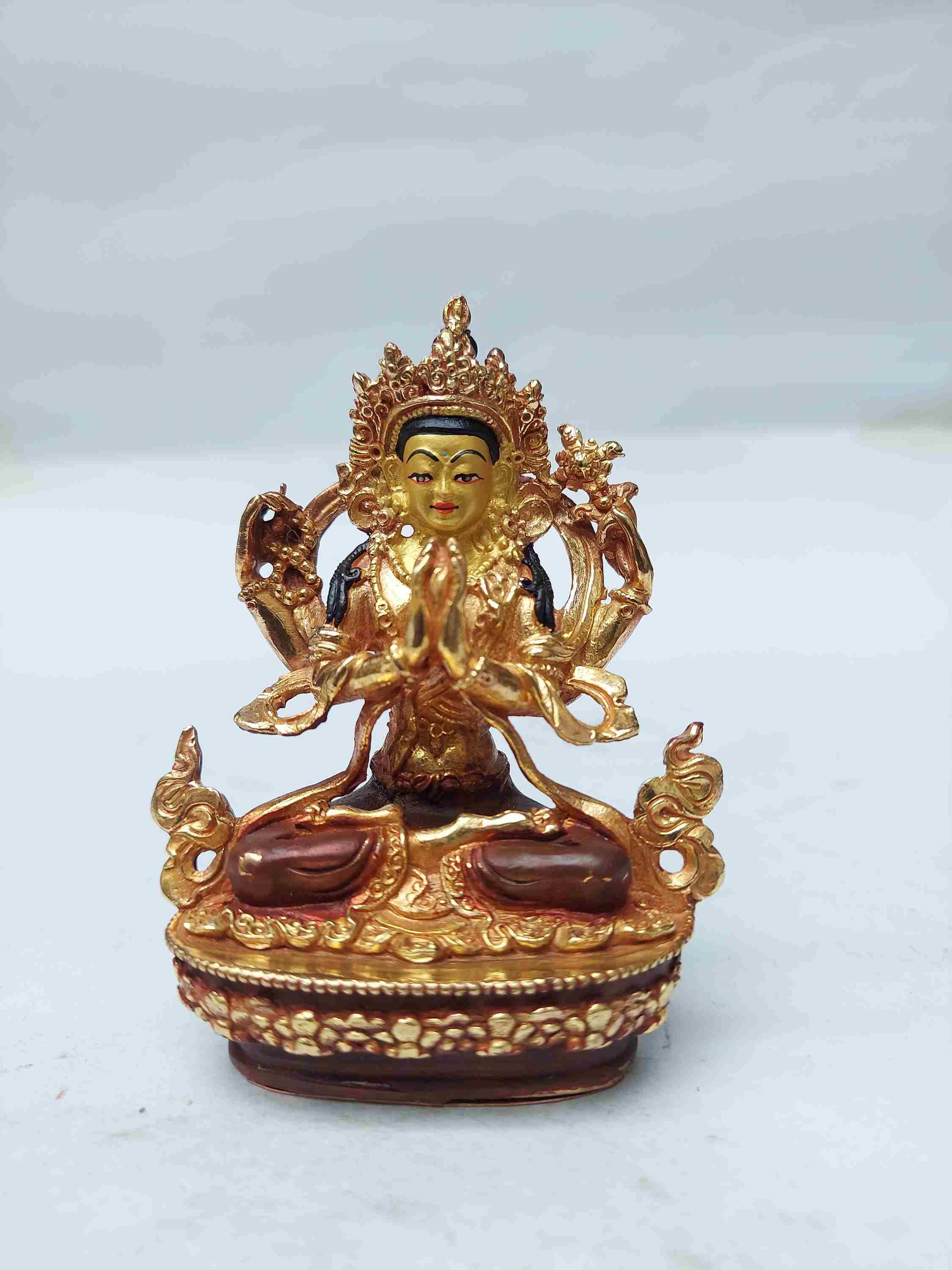 of Chenrezig
of Chenrezig 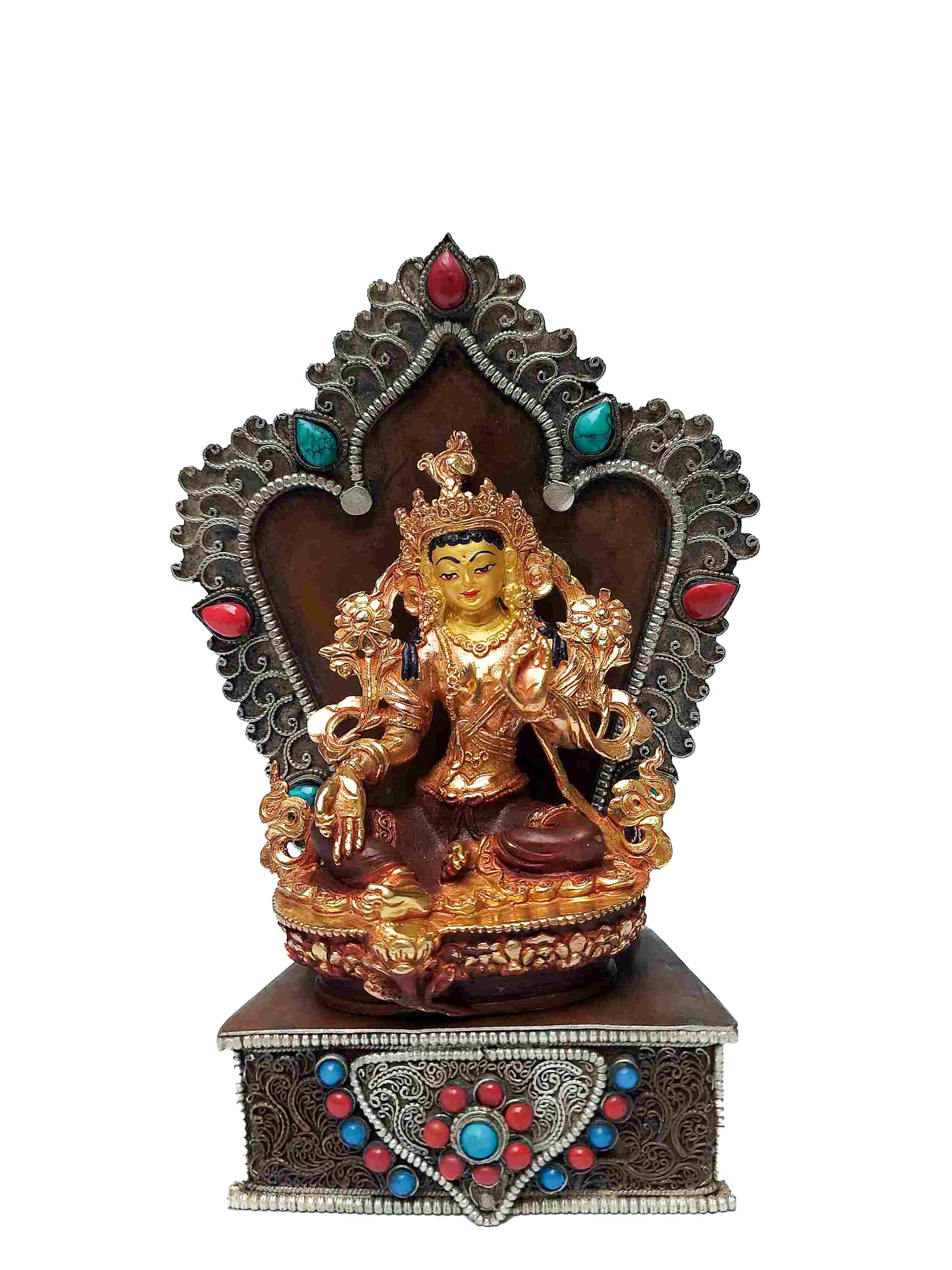 of Green Tara
of Green Tara 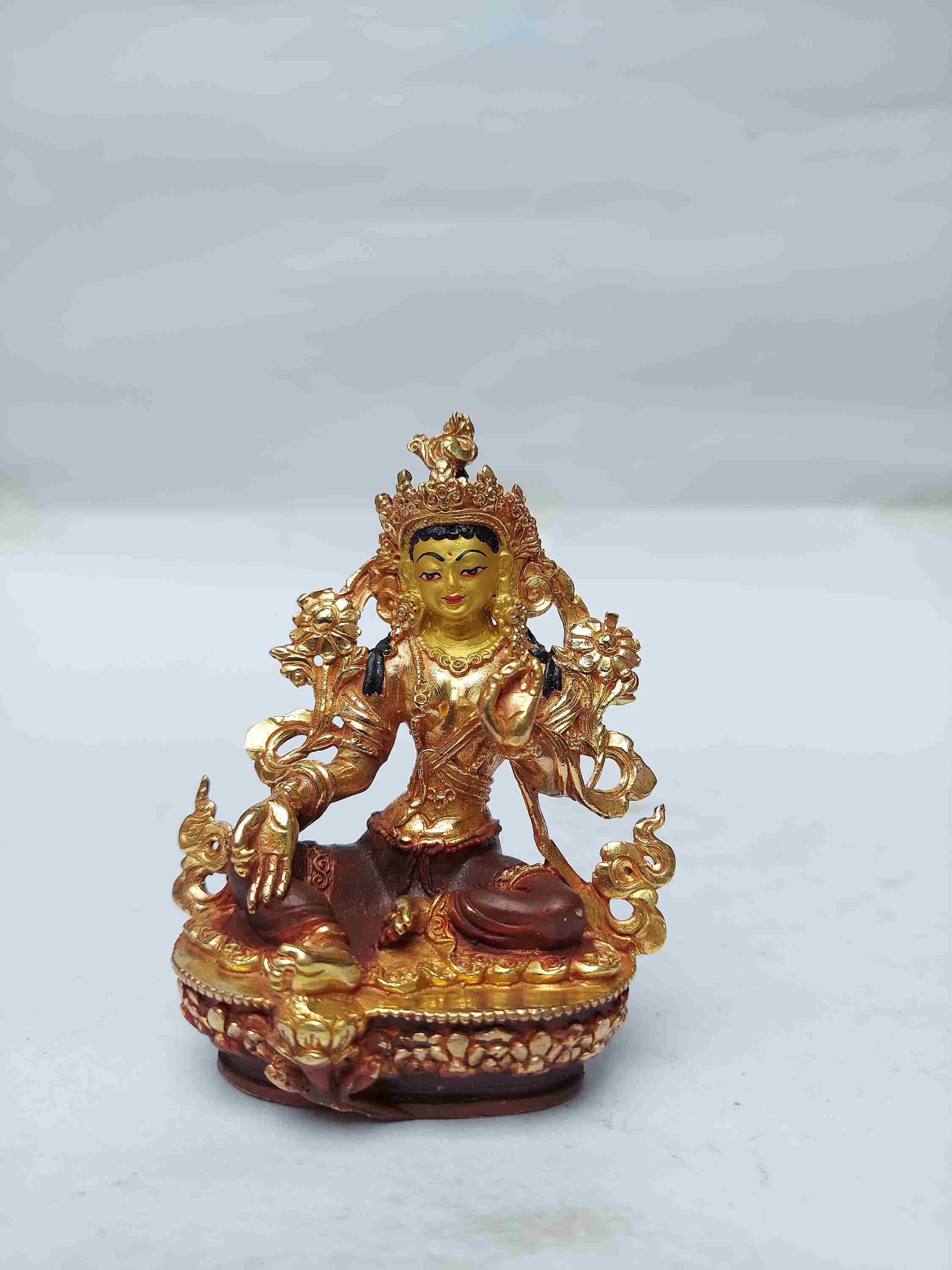 of Green Tara
of Green Tara 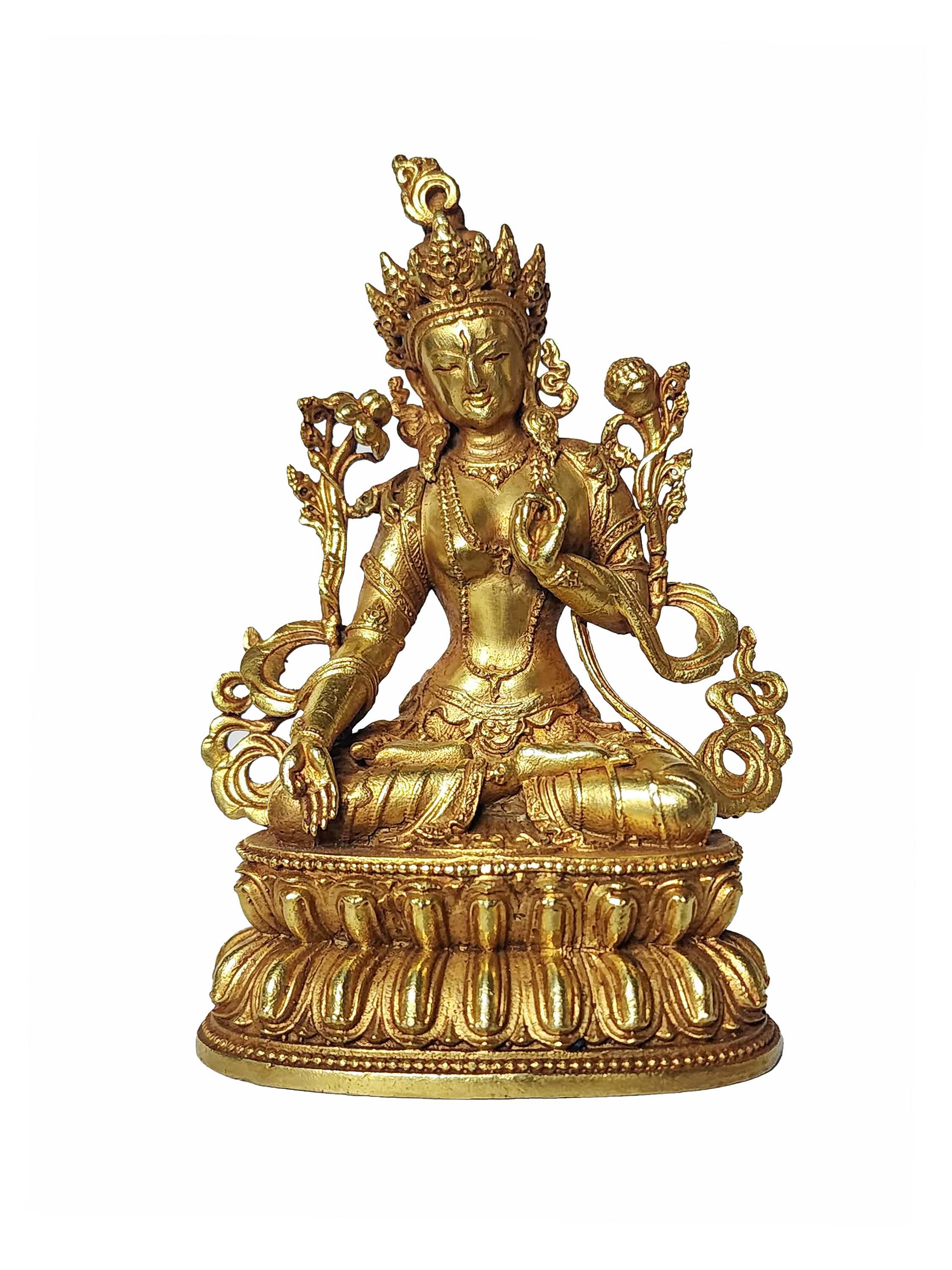 of White Tara,
of White Tara, 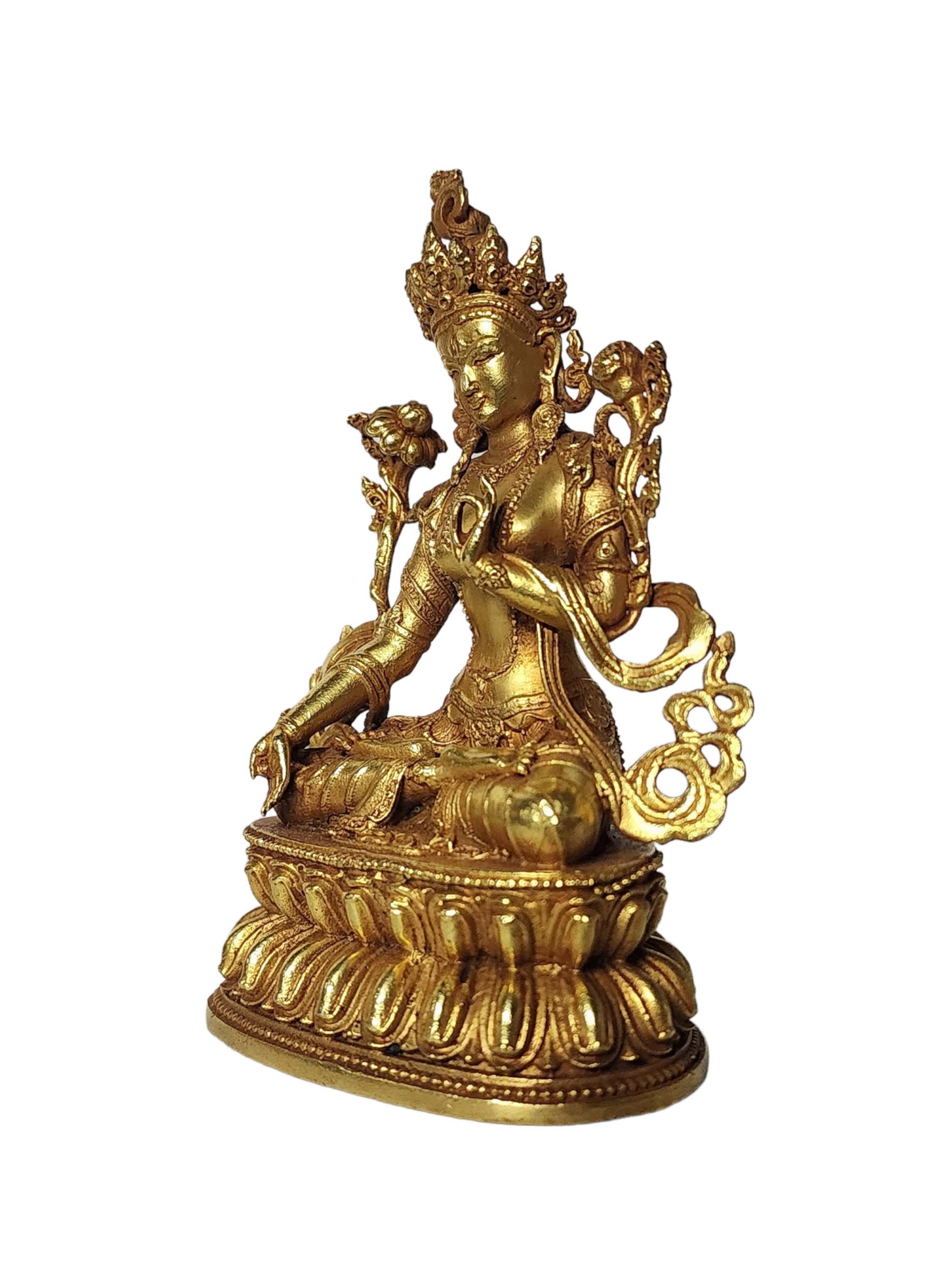 of White Tara,
of White Tara,  Stupa, Buddhist Statue,
Stupa, Buddhist Statue,  Stupa, Buddhist Statue,
Stupa, Buddhist Statue, 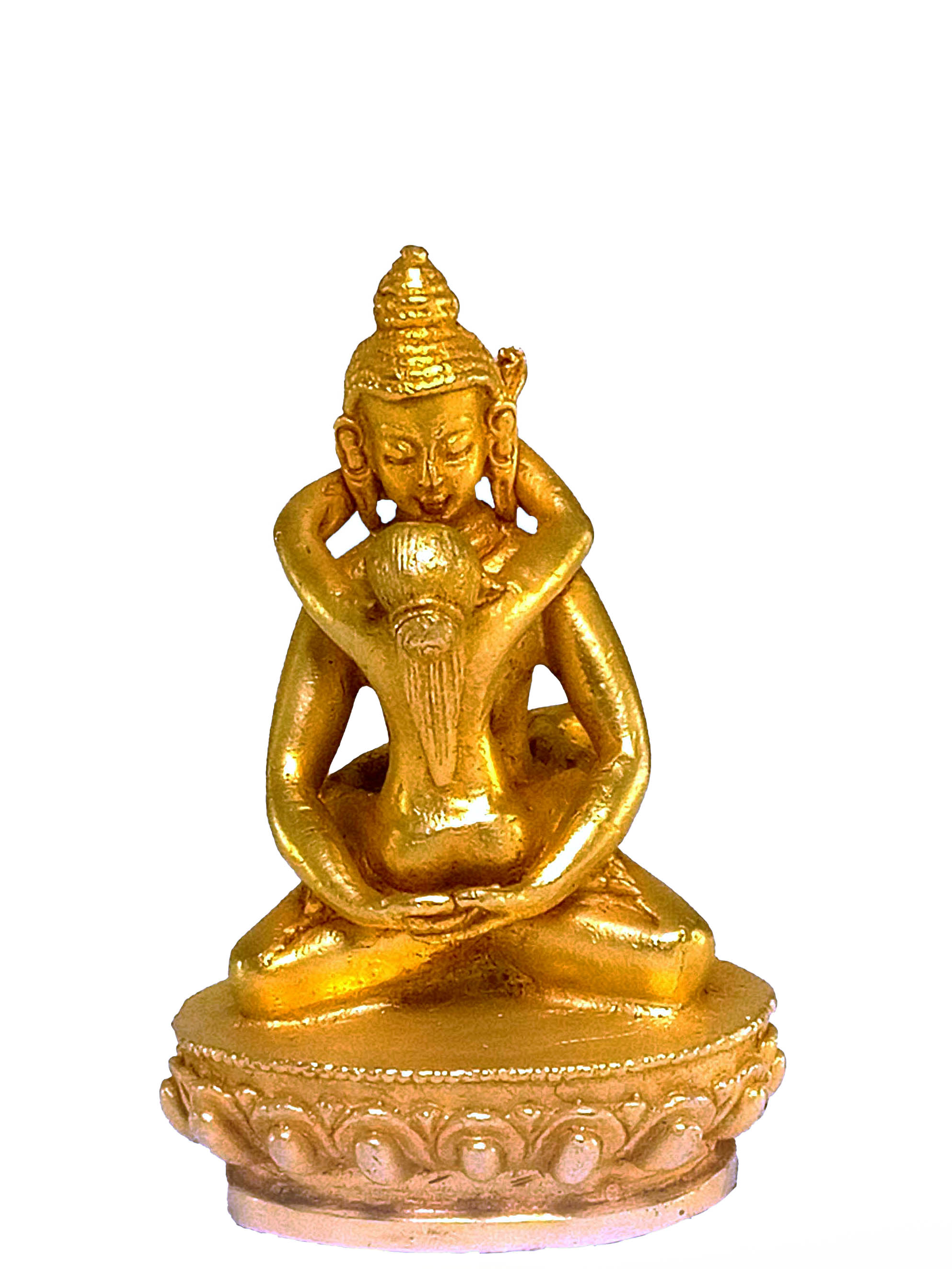 of Samanta Bhadra,
of Samanta Bhadra, 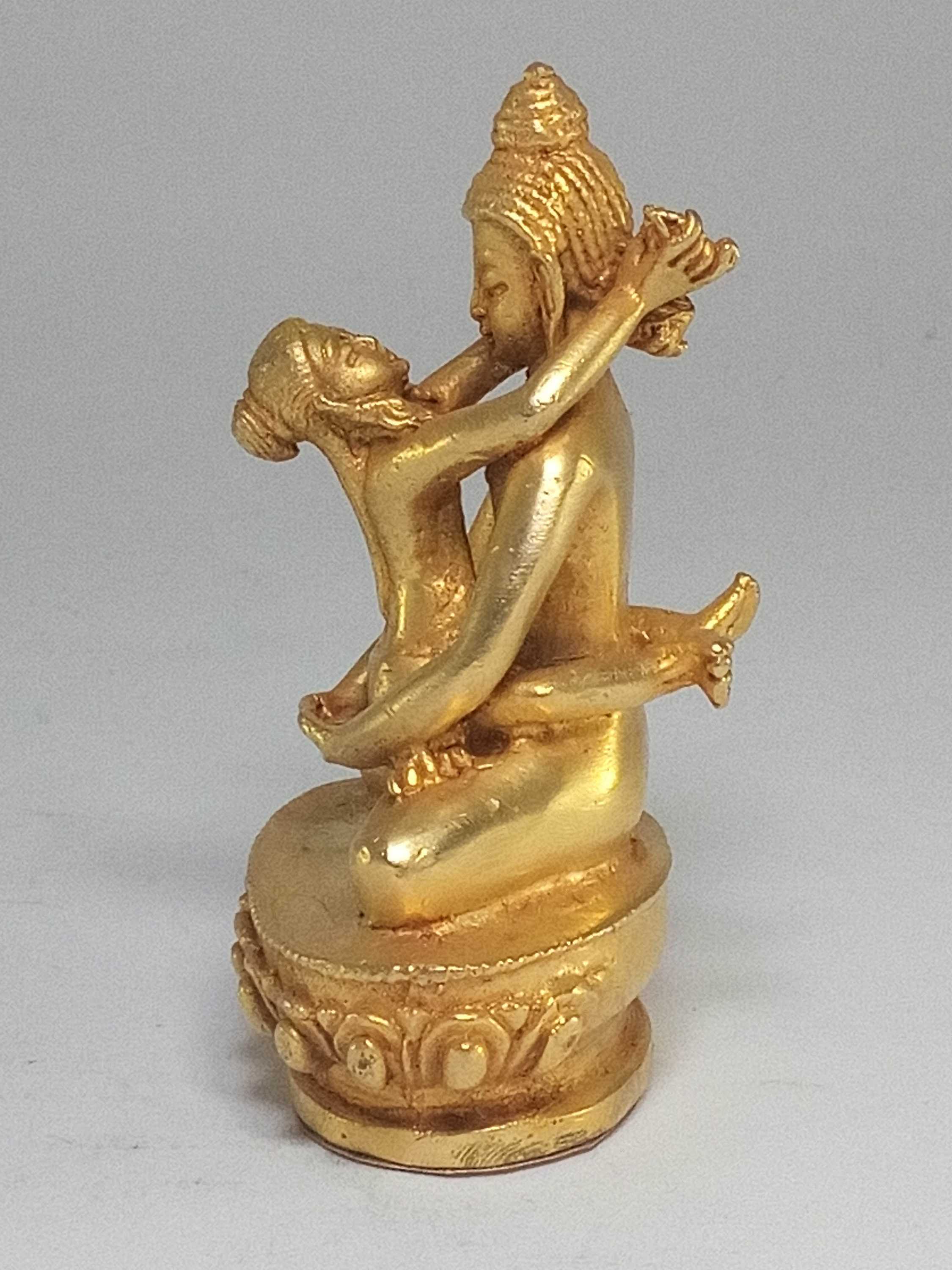 of Samanta Bhadra,
of Samanta Bhadra,  of Manjushri,
of Manjushri,  of Manjushri,
of Manjushri, 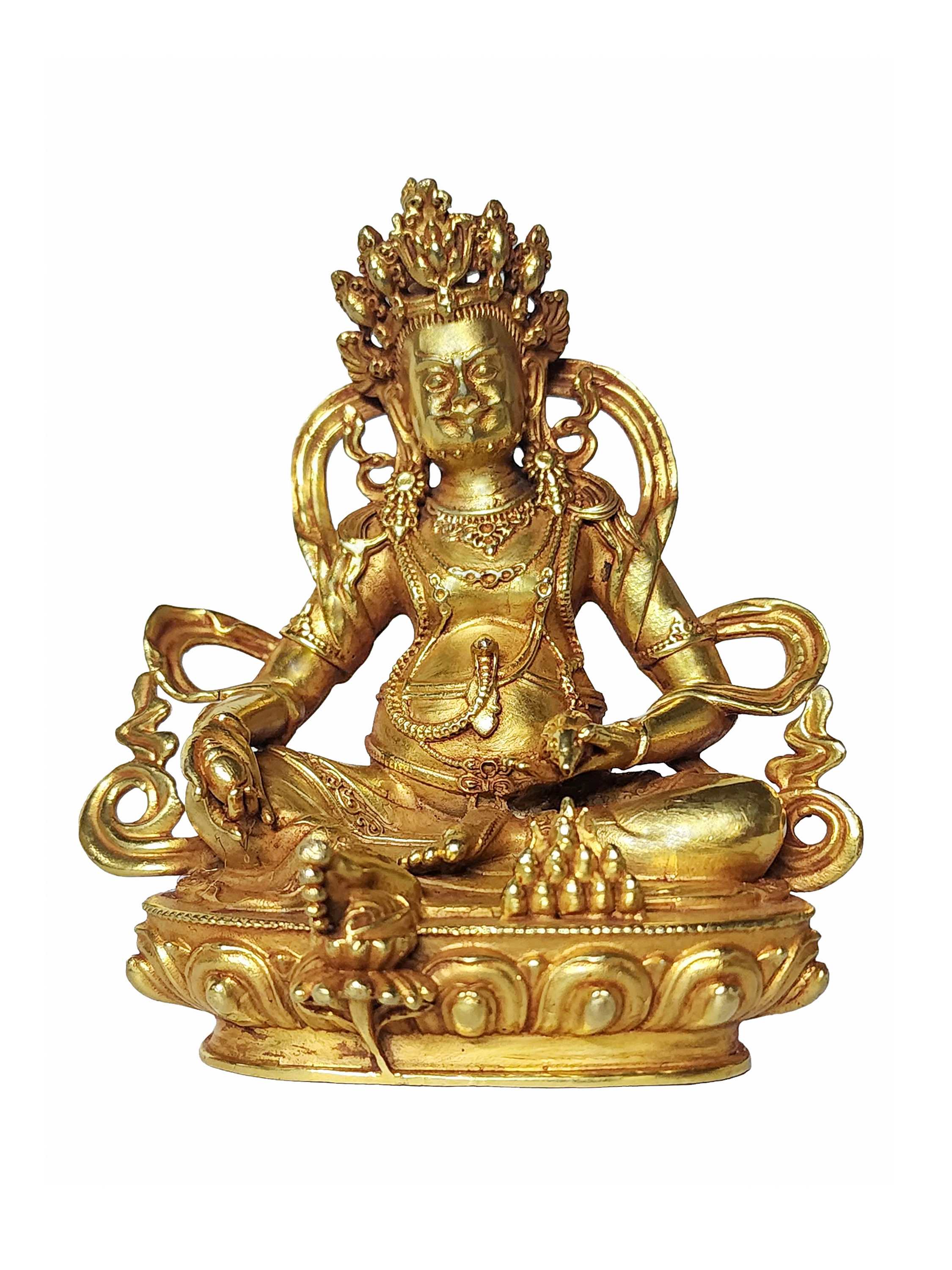 of Yellow Jambhala,
of Yellow Jambhala, 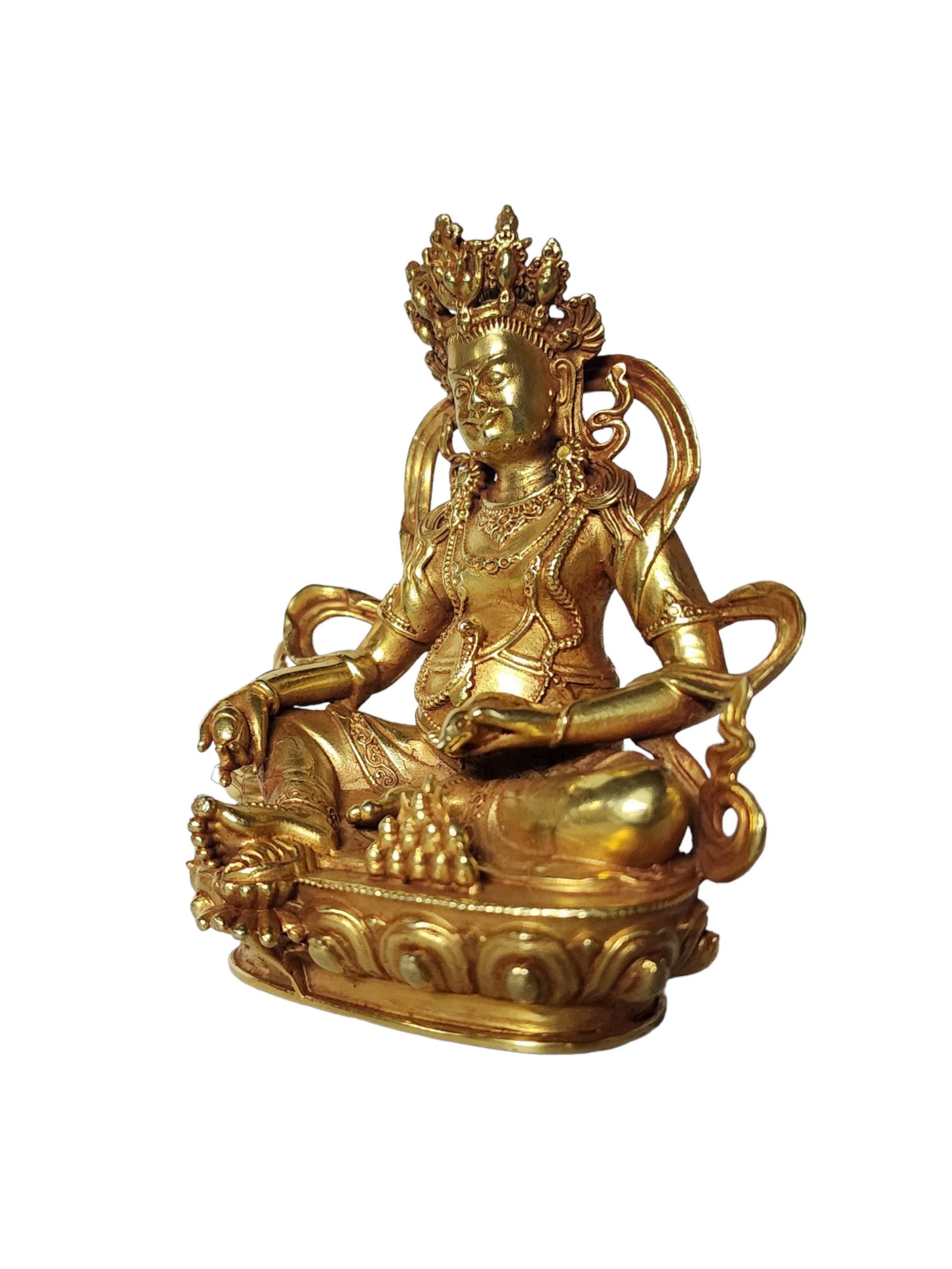 of Yellow Jambhala,
of Yellow Jambhala,  of Vairochana Buddha,
of Vairochana Buddha, 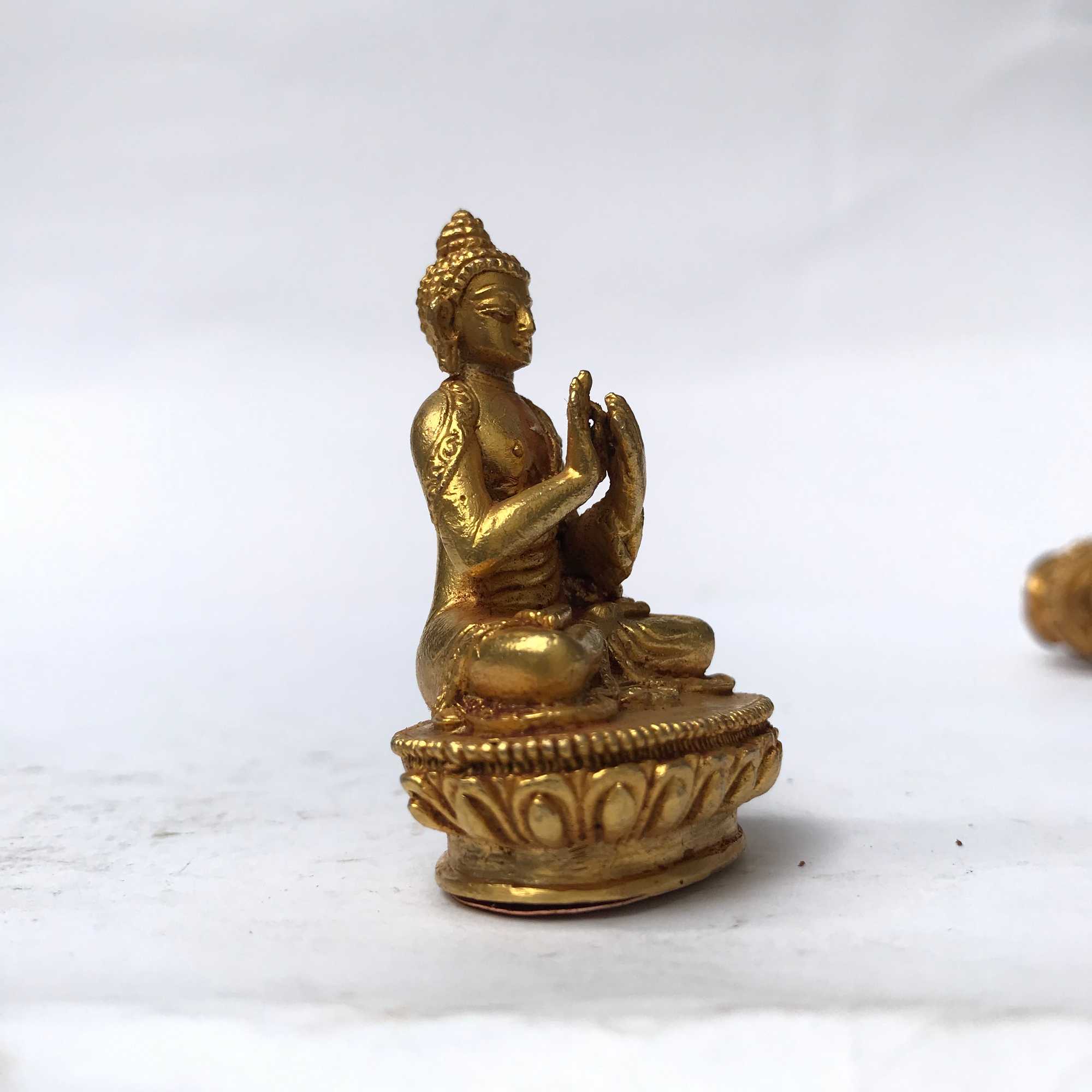 of Vairochana Buddha,
of Vairochana Buddha, 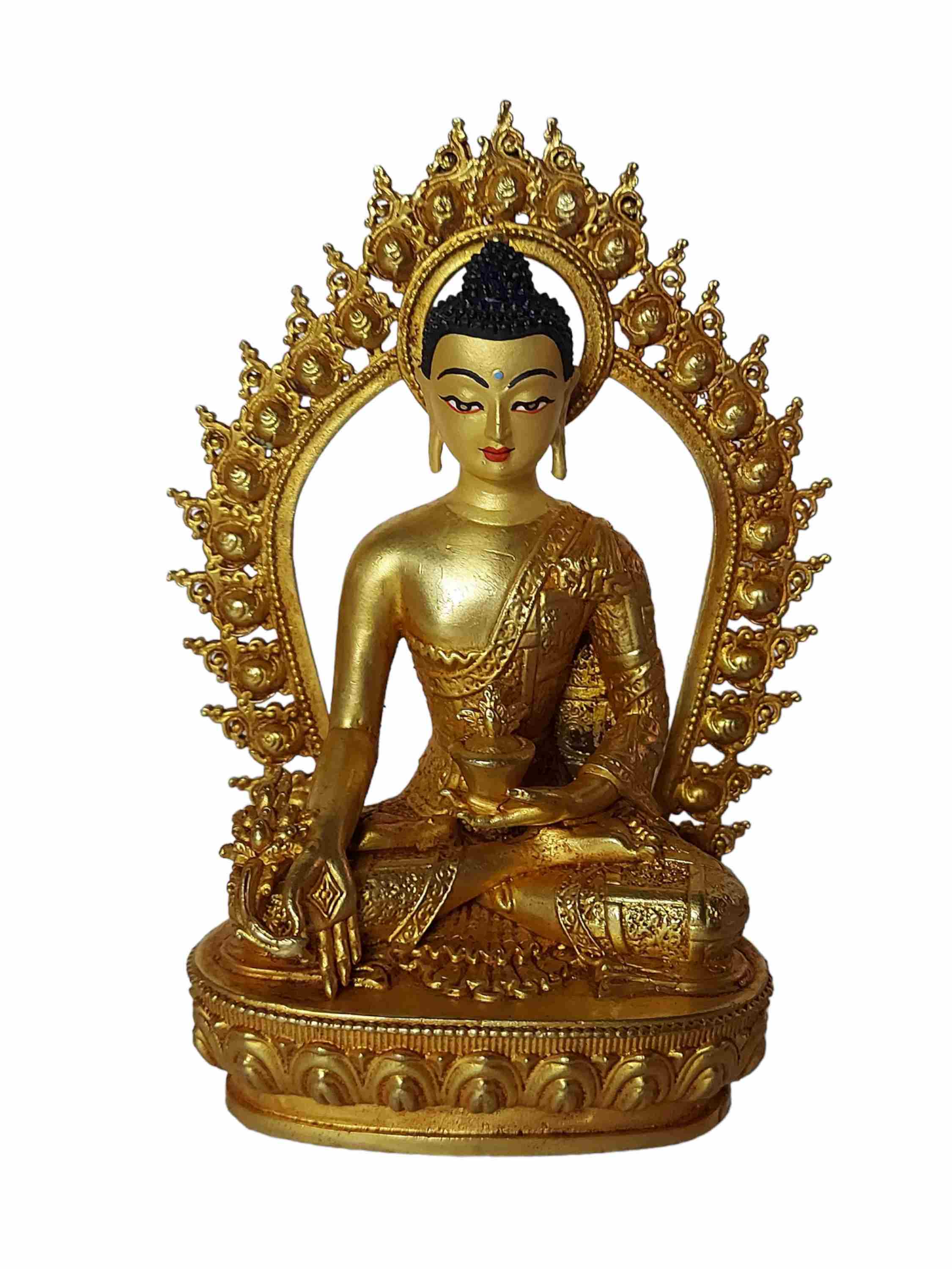 of
of 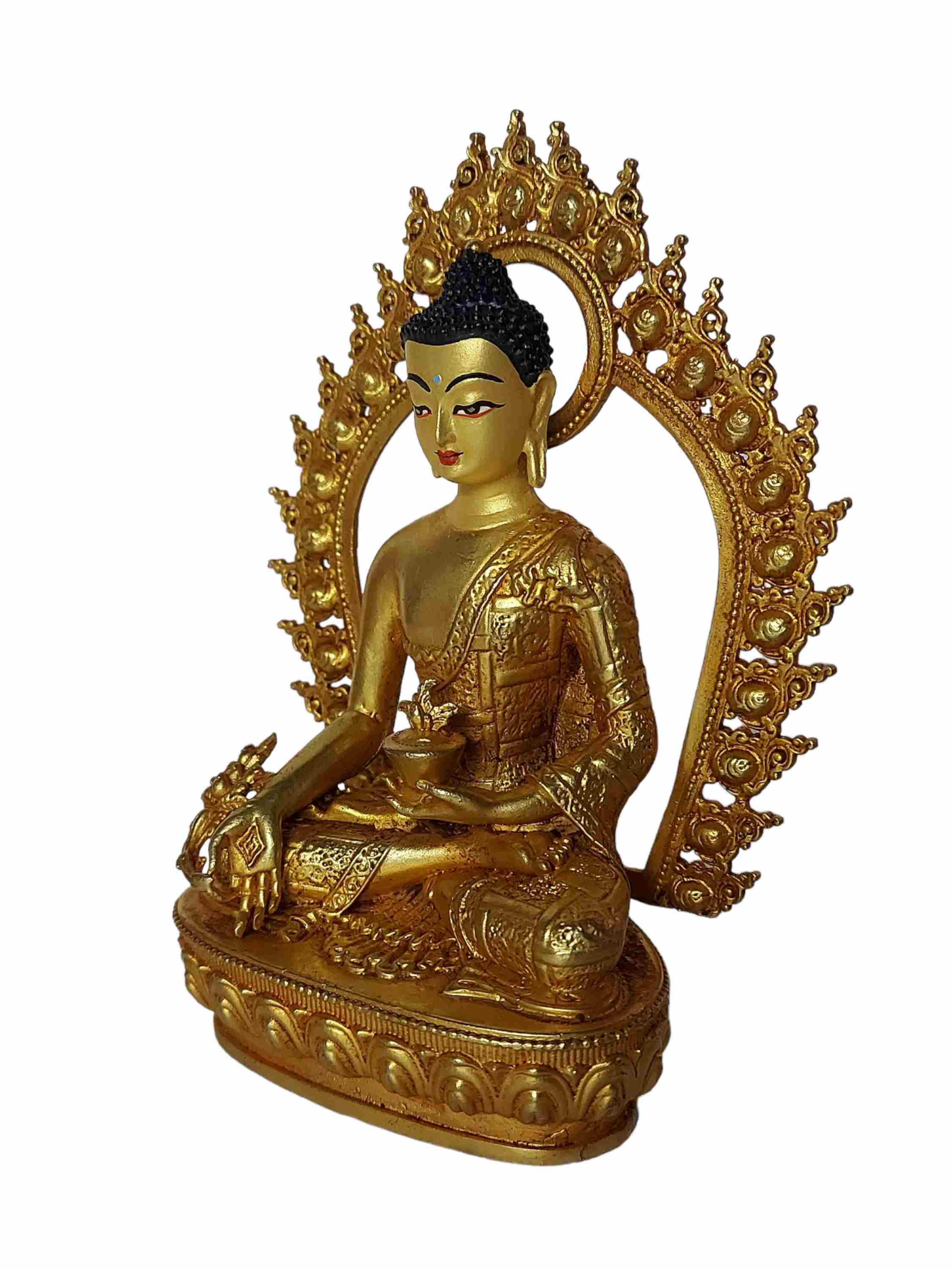 of
of 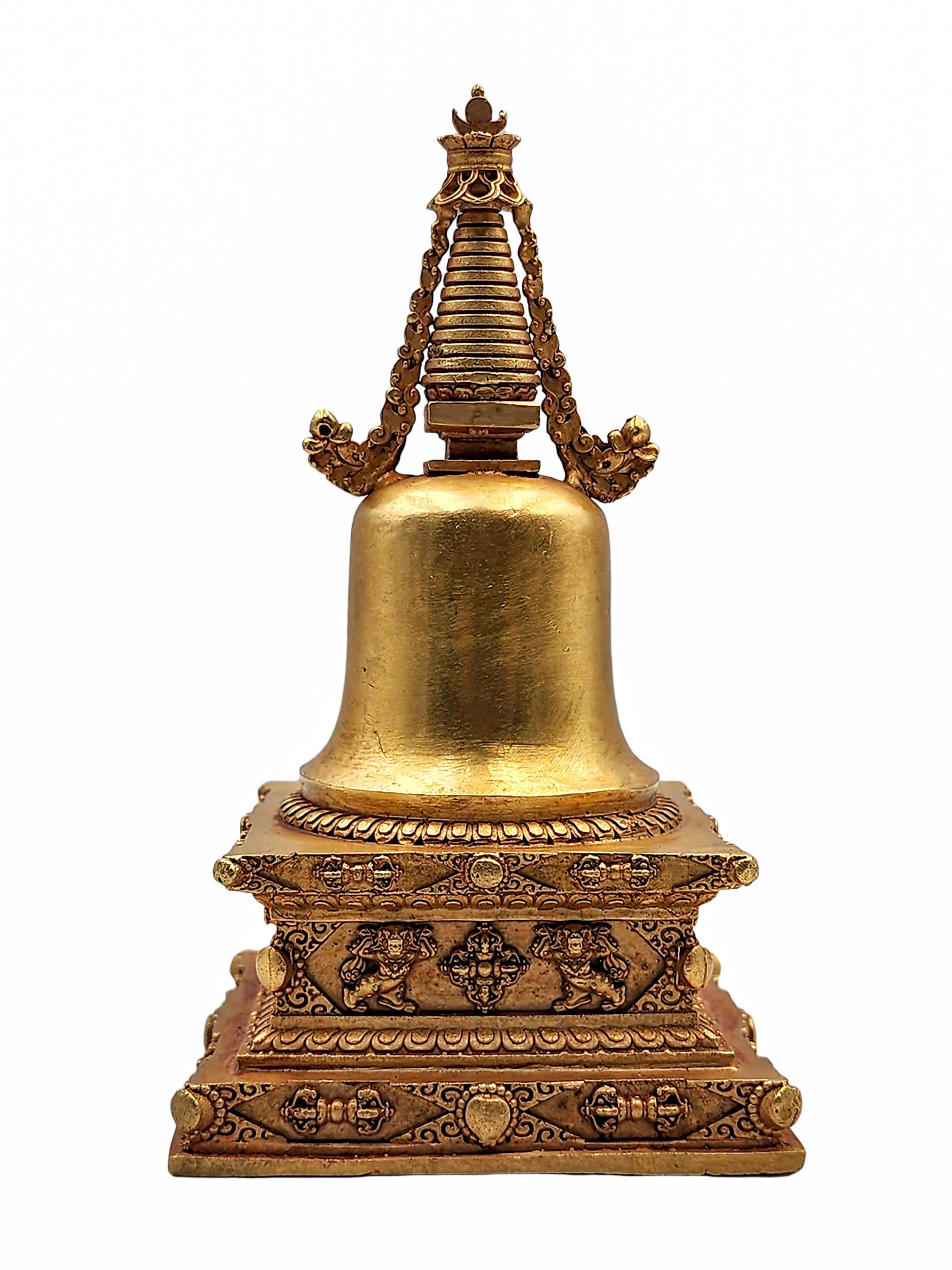 Stupa, Buddhist Statue,
Stupa, Buddhist Statue, 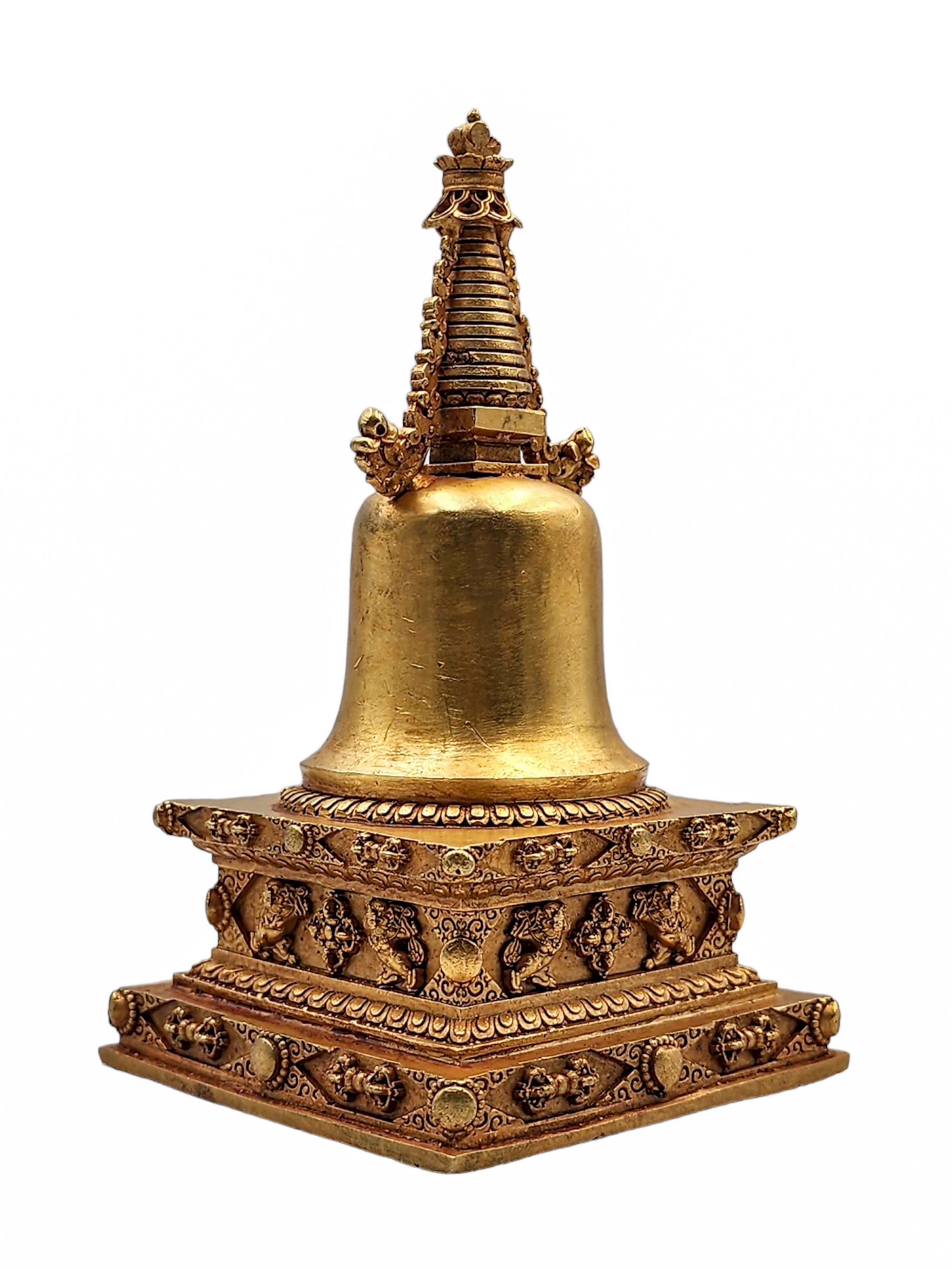 Stupa, Buddhist Statue,
Stupa, Buddhist Statue,